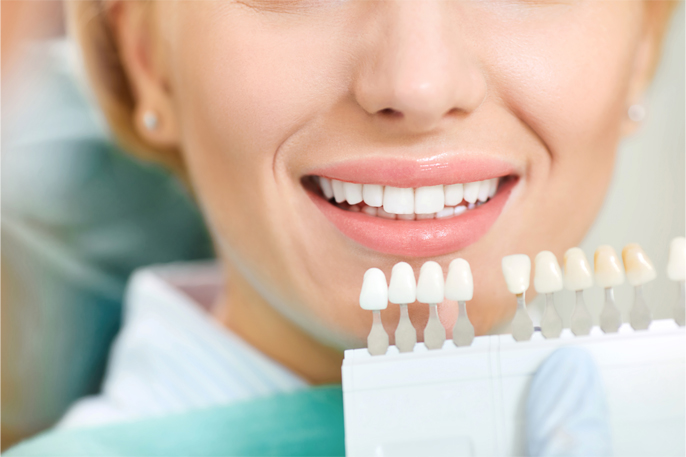Tooth discoloration can target anyone, no matter how well we perform our oral care routine. Tooth discoloration isn’t something that happens overnight, it is the accumulation of years of simply being human. Thankfully, however, when we understand the main culprits of discoloration, we can work to mitigate our risk of it, and prolong our need or eventual desire for whitening treatments. Here are some of the most common culprits of tooth discoloration:
– One of the most common ones is a poor oral care routine. When we don’t employ proper brushing and flossing, we allow the residue from what we consume to remain on our teeth, working to subtly discolor them over time. If you notice hard-to-remove brown patches on or between your teeth, it may be tartar buildup, which creates obvious discoloration and needs to be removed by your dentist.
- Any dark liquid such as red wine, coffee, soda, or even hot chocolate can discolor our teeth. Be mindful of the amount of dark-colored foods and drinks if you want to avoid discoloration, and brush 30 minutes after consumption to mitigate risk.
- Tobacco in any form is another common contributor to discoloration. It commonly produces a yellow hue on the teeth that can’t be easily removed by our twice-daily routine.
- The excessive use of fluoride, believe it or not, can also discolor our teeth. If we excessively use fluoride-infused oral care products it can be too much, causing streaking or leaving behind a brown outline around your teeth.
- Enamel decay is a consequence of a poor oral care routine. Enamel protects our teeth, but it can be worn down over time and as it does, you will notice a variety of stains and changes to your teeth like white spots or yellow-brown streaks.
Help your pearly whites shine by taking these preventative measures:
– Brush 30 minutes after eating or drinking
– Floss twice daily
– Reduce sugary foods and drink intake
– Add calcium to your diet
-Don’t use tobacco
To schedule an appointment or learn more about the beautiful smiles Dr. Sukari McMiller has created visit us online today at www.dreamworksdentalcare.com.
Dr. Sukari McMiller proudly serves patients from Fayetteville and all surrounding areas.-






